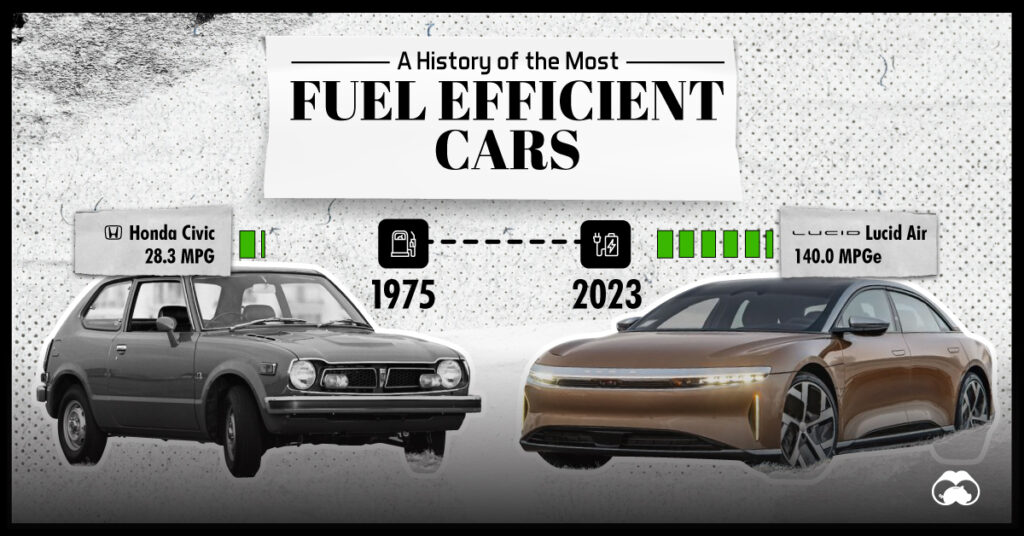In today’s world, improving your car’s fuel efficiency is more important than ever. Not only does it save you money at the pump, but it also helps reduce your carbon footprint and contributes to a healthier environment. Here are some expert tips and tricks to help you maximize your vehicle’s fuel efficiency and get the most out of every gallon.
1. Maintain Proper Tire Pressure
One of the simplest and most effective ways to improve fuel efficiency is to ensure your tires are properly inflated. Under-inflated tires create more rolling resistance, which means your engine has to work harder, consuming more fuel. Check your tire pressure regularly and keep them inflated to the manufacturer’s recommended levels.

2. Keep Your Engine Well-Maintained
Regular engine maintenance is crucial for optimal fuel efficiency. This includes changing your engine oil at recommended intervals, replacing air filters, and ensuring your spark plugs are in good condition. A well-maintained engine runs more efficiently and uses fuel more effectively.
3. Use High-Quality Fuel
Opt for high-quality fuel from reputable brands. While it might cost a bit more, high-quality fuel can improve your engine’s performance and efficiency. Additionally, some vehicles benefit from premium fuel, especially if the manufacturer recommends it.
4. Drive Smoothly and Avoid Aggressive Acceleration
How you drive has a significant impact on fuel efficiency. Avoid aggressive acceleration and sudden braking. Smooth, gradual acceleration and braking help your vehicle use fuel more efficiently. Also, try to maintain a steady speed on the highway and use cruise control when appropriate.
5. Reduce Weight and Drag
Extra weight and aerodynamic drag can decrease your vehicle’s fuel efficiency. Remove unnecessary items from your car and avoid carrying heavy loads on the roof. Also, remove roof racks when not in use, as they create drag and reduce fuel economy.
6. Limit Idling Time
Idling consumes fuel unnecessarily. If you’re going to be stopped for more than a minute or so, such as at a train crossing or in a long line, turn off your engine. Restarting your car uses less fuel than idling for extended periods.
7. Plan Your Routes
Planning your routes can also help improve fuel efficiency. Combine trips and avoid peak traffic times whenever possible. Using GPS or traffic apps can help you avoid congested areas and find the most efficient routes.
8. Use Your Air Conditioning Wisely
While air conditioning can make driving more comfortable, it also uses additional fuel. Use it sparingly and consider using the vehicle’s ventilation system instead. In cooler weather, open the windows for ventilation when driving at lower speeds.
9. Perform Regular Transmission Maintenance
Your vehicle’s transmission plays a crucial role in fuel efficiency. Regularly check and replace transmission fluid as needed. A well-maintained transmission ensures smoother gear shifts and optimal engine performance.
10. Upgrade to Fuel-Efficient Tires
Consider upgrading to fuel-efficient tires designed to reduce rolling resistance. These tires can improve your vehicle’s fuel economy and provide a smoother driving experience.
Conclusion
Improving your car’s fuel efficiency is not only about saving money but also about contributing to a more sustainable environment. By following these tips and tricks, you can enhance your vehicle’s performance, reduce fuel consumption, and enjoy a more economical driving experience. Regular maintenance and mindful driving habits go a long way in making the most out of every gallon of fuel.